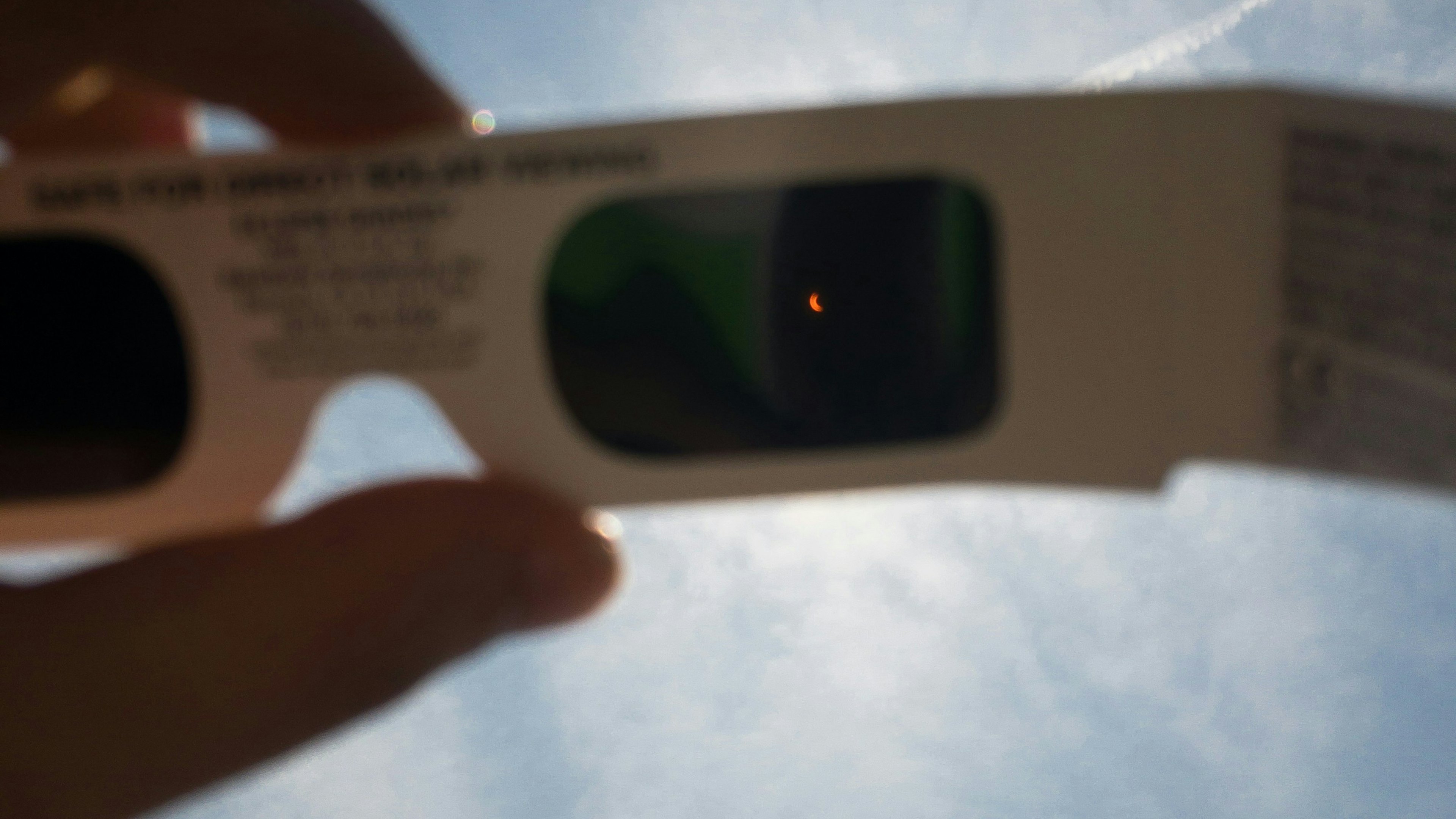How solar energy can power through the eclipse

Have you heard? On Monday April 8, a total solar eclipse will cross North America. The region won’t see another one like it for two decades. If you’re in the path of totality (and you total-ity should try to be) the sky will almost completely darken and the temperature will drop.
Since solar makes up more of our energy production than ever before, you might think the eclipse will leave our grid vulnerable. Fortunately, that’s not the case.
“Why the solar eclipse will not leave people without power,” according to the NYT
Officials are confident that the impact to our energy infrastructure will be minimal, thanks to a combination of solar storage, alternate energy sources, and planning ahead. As president and CEO of Edison International Pedro Pizzaro told The New York Times, “I don’t think anything is as predictable as an eclipse.” Eclipses don’t happen at random — grid managers have known about Monday’s event for years. What can be unpredictable are events like last year’s heat waves in Texas that caused outages, during which distributed solar saved the day.
This coming Monday is a completely different story. A representative for the Electric Reliability Council of Texas (ERCOT), which provides solar service to almost all of Texas, told CBS News that ERCOT “does not expect any grid reliability concerns during the eclipse.”
As for the eclipse’s specific effect on solar production? President and CEO of the Solar Energy Industries Association Abigail Ross Hopper put it another way: “For Americans with solar on their home, it won’t be any different than a passing thunderstorm.”
What happens to solar when the sun isn’t shining?
Now, you might be wondering: what does happen to solar panels when the sky darkens — not just from a solar eclipse, but, say, because of the thunderstorm from Harper’s comparison? It’s all a matter of available sunlight — and it’s certainly not as simple as being “on” or “off.” In fact, solar panels are always “on” no matter the weather or time of day. They’re simply producing electricity at a rate relative to available sunlight. As director of the Florida Solar Energy Center James Fenton told CNET: “The panel is always working. The question is how much electricity comes out of it based on the amount of light.”
Grid and personal storage are key to the continued use of solar power when it’s dark outside. Not all energy that gets produced needs to be immediately used — but if it’s not stored, it doesn’t stick around. That’s why the deployment of energy storage technology is crucial to the future of solar. For homeowners who rely on rooftop solar, a complete loss of sunlight can be covered by stored energy in home batteries or the electric grid at-large kicking in. Although, as we covered back in 2022, new technologies are constantly changing the way we think about power generation. Someday soon, solar panels may be able to generate electricity not only from light, but from the mechanical energy of falling raindrops too.
Perhaps more unpredictable than the effects of the eclipse on the grid will be the effects on animals. As The Washington Post explained, due to the predictable but irregular cycle of eclipses, “Understanding how [they] affect nature writ large is nearly impossible.” There is, however, anecdotal evidence that many animals (and bugs) are thrown out of their typical habits when the moon blocks the sun. As the Post shares, there have been many reports during previous solar eclipses of birds going quiet, bees returning to their hives, and ants freezing in their tracks.
It seems like everyone prefers when the sun is out. Here at Arcadia, our passion for solar runs deep. As the country’s largest community solar provider, we’re always excited to share new info about our favorite clean energy source — even when it’s covered up for three-and-a-half minutes.
PS: If you’re viewing Monday’s eclipse, even in a partial path, don’t forget to use ASA-approved ISO rated glasses!

Interested in getting started with community solar?
Learn more